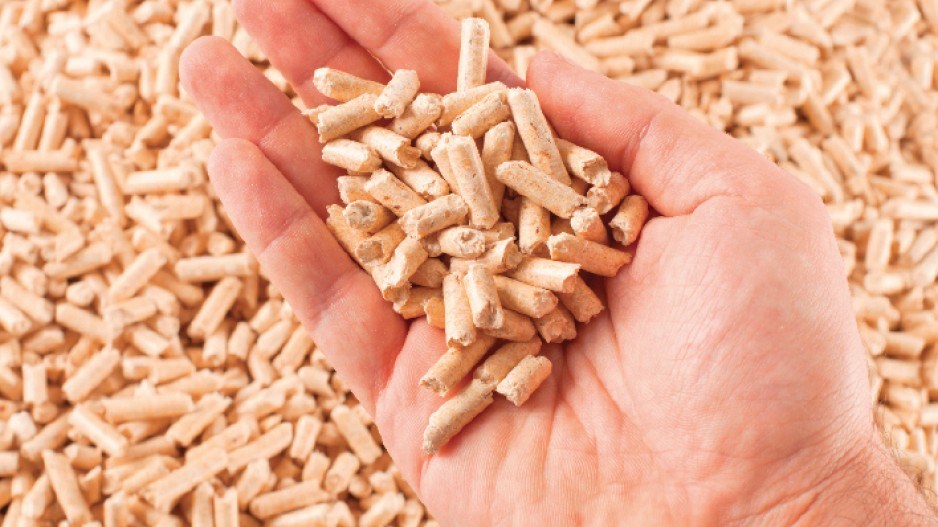Despite the ups and downs of forestry as a commodity-based industry, the bioenergy sector is poised to take it in a futuristic direction.
That message emerged from a number of expert observers during the early discussions at the 2014 International Bioenergy Conference and Exhibition, which finishes June 13 at the Prince George Civic Centre.
BC Bioenergy Network executive director Michael Weedon said “we are blessed with an abundance here” of the basic material used in bioenergy: trees. Wood pellets is the flagship product in the bioenergy industry, but it also includes things like grain- and corn-based fuels, diesel from decomposed kitchen scraps, converted pulp mill waste, agricultural waste, and others.
“There is a prize for all of us in job creation,” Weedon said. “We estimate 100,000 direct jobs can be created from full utilization of bioenergy in B.C. We are part of a sunrise industry.”
That was echoed and amplified by one of the keynote speakers, author and researcher Chris Turner, whose most recent book is The Leap: How to Survive and Thrive In the Sustainable Economy. If anything, said Turner, the B.C. bioenergy potential is even more exciting than Weedon’s vision because Canada is so far behind other jurisdictions on setting up a culture of energy self-sufficiency, while at the same time having an embarrassment of riches in not just bioenergy but also untapped wind and solar resources.
“We are slowly exhausting - and some say not so slowly - the planet’s ability to sustain life for us,” he said. “New-school thinking is well underway that puts humans in control of having the lifestyle to which we have become accustomed without dealing a fatal blow to the environment. We just have to push government, the private sector, and initially ourselves to move in those directions.
“A lot of the heavy lifting has actually been done already in the past 10 to 15 years,” he said, then outlined a number of initiatives from Germany, Denmark and here in Canada where energy efficiency combined with new energy generation tools were turning household and municipal energy deficits into energy producers. These were not projections, he said, they were underway with a track record of success over time.
“We have world-class bioenergy, wind and solar resources,” he said. “Really, this is the dawn of a time of change and I congratulate the people in this room for helping us get there.”




